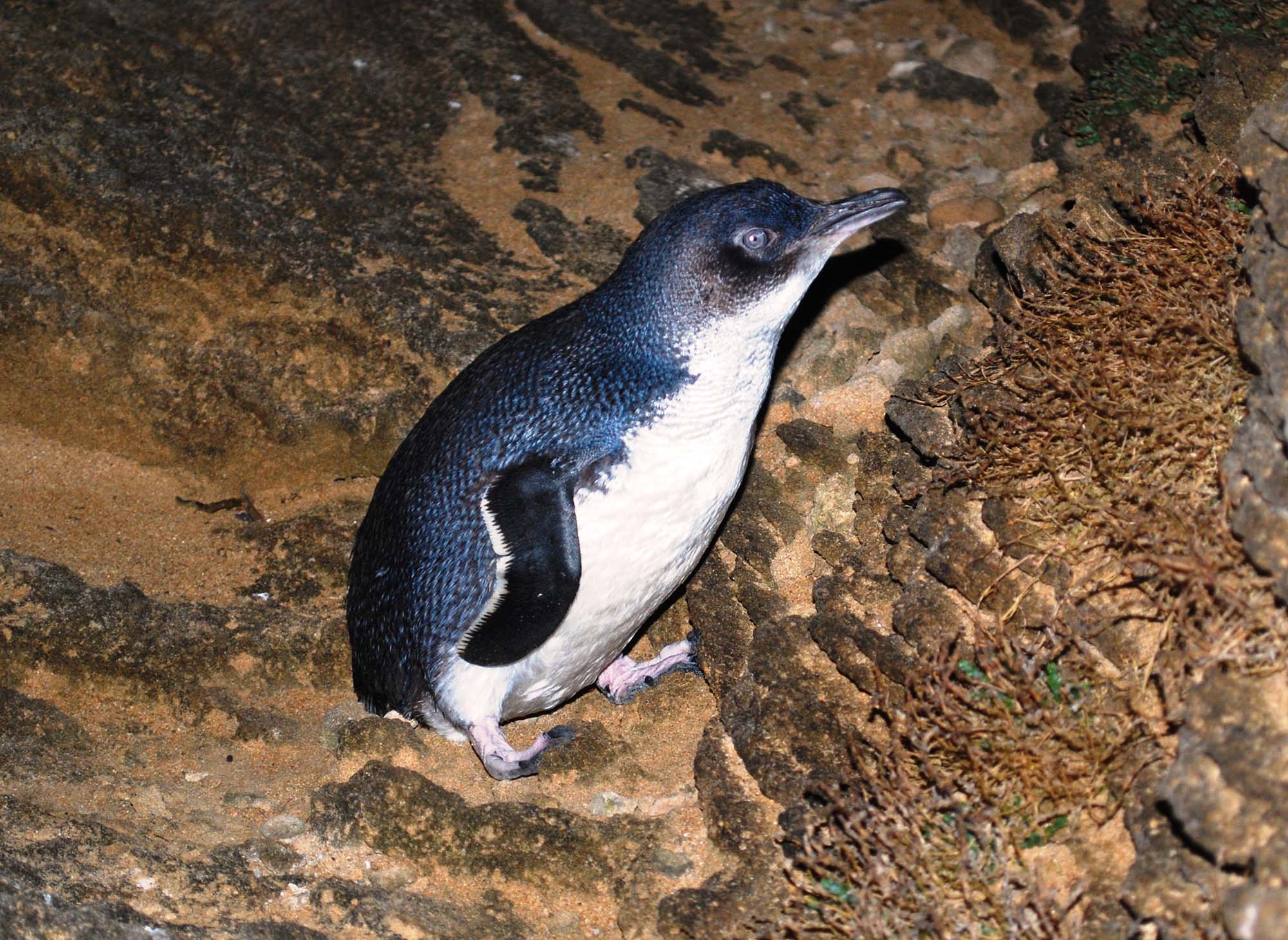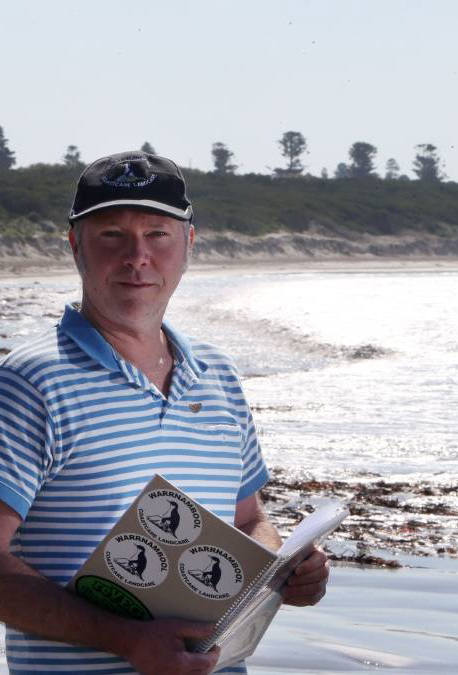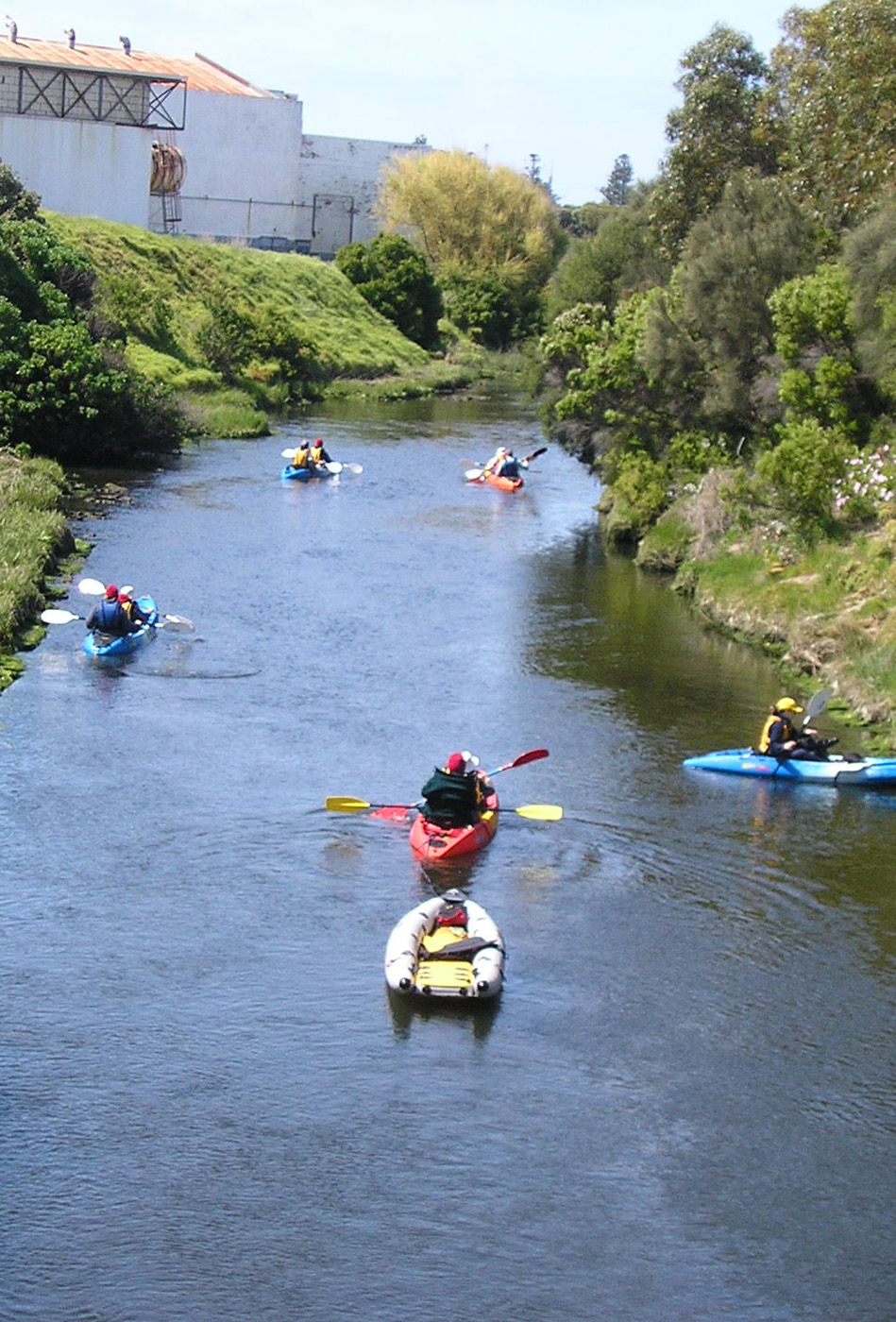Every year we involve hundreds of volunteers in activities that help improve Warrnambool’s natural environment. For example, we were instrumental in the effort to save the Middle Island penguins; preventing illegal pollution discharges into the Merri River; and transforming Lady Bay foreshore from an area full of introduced weeds into a home for wallabies, echidnas and many native birds.
In recent years we have expanded our work into the region where we support groups and landowners wanting to create windbreaks and vegetation corridors, restore rivers and creeks, look after important reserves, protect native fauna and flora and improve agricultural sustainability.
In 2021 we received State Government funding to employ a part time Landcare Facilitator to help us with our work. In 2024 we employed a second part time facilitator.




People in Warrnambool and the wider region enjoy and support a sustainable and biodiverse natural environment.
· Inform, advocate and act for the protection of our natural environment.
Foster connections between people and their local environment.
In 1995 the Warrnambool City Landcare Group was formed after about 40 people attended a public forum to “express views and interest of various groups and individuals for the short and long term protection of the Merri River – including recreational, environmental, economic and cultural concerns”.
A committee of 12 were elected, and the active group focused on numerous issues including Merri River health, South Warrnambool Wetlands, Russell’s Creek, Braithwaite Street Tip and development of Industrial Park, Granny’s Grave, Levy’s Point and Kelly’s Swamp to mention a few.
The group was instrumental in enhancing Warrnambool’s coastal environment forming working relationships with City of Warrnambool, Department t of Conservation and Natural Resources, South West Water, Field Naturalists, Tarerer/Gunditjmara Co-op, South West Environmental Action Group, Deakin University, Warrnambool Stock Feeds, Merrivale Community Association and the general community.
After a very busy five to six years, the group had some members move on, and those members left suffered from volunteer burnout by taking on too much. The group slowly became inactive and combined with a lack of membership, little was achieved.
A new push to rejuvenate the Group was held in June 2002 at Warrnambool Council Chambers where about 40 enthusiastic community members and representatives from Coast Action/ Coastcare, Glenelg Hopkins Catchment Management Authority, and government agencies attended.
A committee of 8 were elected and set to work evaluating assets, planning projects and seeking funding. The group’s regrowth encompassed a broader range of projects around the Coastal Reserve area between the Hopkins and Merri rivers and out to Middle Island in the Merri Marine Sanctuary. With this optimism and a need for broader funding opportunities, a name change was envisaged. In 2005, coinciding with their 10th Anniversary, the Warrnambool City Landcare Group Inc formerly changed its name to Warrnambool Coastcare Landcare Group Inc.
Since then the Group has continued to grow in stature and draw respect from government agencies and community. It has won numerous awards with the reVeg the Flume project, including National Landcare Award Finalist, State winners with Keep Australia Beautiful’s – Clean Beach Challenge and Victorian Landcare Awards and State finalist over many agencies including Victorian Coastal Council’s Awards of Excellence, Glenelg Hopkins CMA Environmental Achievement Awards and a Tidy Towns Award. Other projects to receive awards were the Weed Warrior Program with the Weed Buster Education Award, Middle Island Penguin Protection Project with the Glenelg Hopkins CMA Coastcare Award and the Maremma Dog Project finalist with the Victorian Coastal Council’s Awards of Excellence.. There was an also an individual Environmental Good Practice Award from Rotary East, given to Ann Park for her coordinating role with the Harris on Merri Revegetation Project.
Today the group is still very active and has a wonderful mix of volunteers from all walks of life and ages. Our members include university and TAFE students, researchers, teachers, environmentalists, and many community and family members passionate about our coastal, urban and rural environment. Our projects include Little Penguin monitoring on Middle Island and support for a world first Maremma dog trial to protect the penguins from fox predation. We have several revegetation sites and are planning for the Maam Biolink which will create vegetation corridors to link the Hopkins River, Russells Creek and Merri River catchments.
In 2015 we changed our legal name to Warrnambool Coastcare Landcare Network. This better reflects the fact that we auspice a number of groups and work in partnership with others. Currently we auspice Friends of Merri Marine Sanctuary, Friends of Victoria Park, Russells Creek Landcare, Warrnambool Urban Forest Group, and Friends of Harris On Merri. We also support MAD (Making A Difference) for the Merri, Belfast Coastal Reserve Action Group, Friends of Tower Hill, Killarney Coastcare, Friends of Ralph Illidge Sanctuary, Kurri Kurri Cooperative Society, Hopkins Falls Landcare Group, Friends of Tozer Reserve and others. We partner with Deakin University, Warrnambool City Council, Wannon Water, Moyne Shire Council, Glenelg Hopkins Catchment Management Authority and other groups and agencies.
Since 2016 we have employed landcare staff. At first we used our own funds to employ a 1 or 1.5/days/week landcare facilitator. In 2021 we received State Government funding to employ a 4/day/week facilitator, also using some of our own funds. In late 2023 we received additional State Government funding to employ a second Landcare Facilitator. Our facilitators have enabled us to work in a larger geographic area covering Warrnambool and Moyne municipalities and to expand our work with landowners in the region to improve vegetation corridors and improve agricultural sustainability.





We always welcome new volunteers who wish to spend just a little or a lot of time supporting our important work.
Subscribe to our Newsletter to find out what’s coming up!
Use our online contact form on the contact page, and we will get back to you ASAP to coordinate how you can help in a way that suits you.